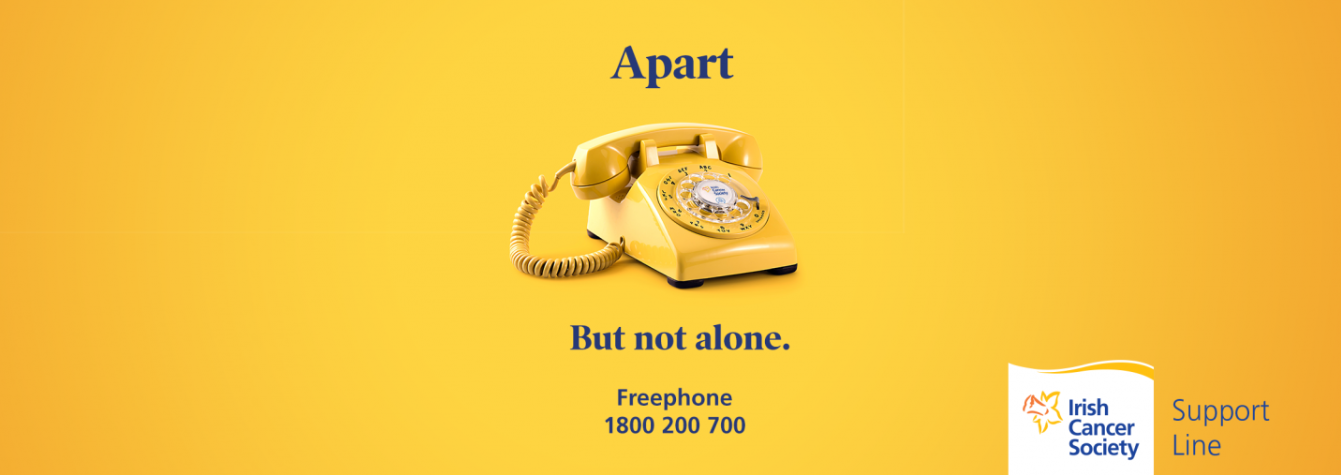The cause of ovarian cancer is unknown, however there are certain risk factors that can increase your chance of developing the disease.
Risk Factors
- Reproductive history
If you have no children or have your first child after the age of 35, your risk is higher - Age
Ovarian cancer usually affects women who have been through the menopause.
- Family history of cancer
If you have two or more close relatives (mother, sister or daughter) who have had ovarian cancer or breast cancer, you may be at a higher risk of the disease. There is also a very small risk of ovarian cancer if your family have the genetic mutation known as Lynch Syndrome. - Taking HRT
If you take the hormone oestrogen for 5 or more years, your risk of ovarian cancer may be higher. This risk decreases once you stop taking it. - Fertility treatments
Some research has shown that there is an increased risk of ovarian cancer in women who have fertility treatment, however, other studies have found that this is not the case. Fertility drugs are also linked to a higher risk of ovarian cancer. - Obesity
Several studies have shown that there may be a link between ovarian cancer and obesity.
Reducing your risk
The following may reduce your risk of ovarian cancer:
- Taking the combined oral contraceptive pill
Research has shown that the longer you take the pill, the more your risk is reduced. - Having children
The more children you have the more your risk is reduced, because when you are pregnant you do not ovulate. The fewer times you ovulate over your lifetime, the less chance you have of developing ovarian cancer. - Breastfeeding
Breastfeeding may lower a woman’s risk of developing ovarian cancer.
Having a risk factor doesn’t mean you will definitely get cancer. Sometimes people with no risk factors get the disease.
If you are worried, talk to your GP or talk to one of the amazing Irish Cancer Society cancer nurses. Call the Cancer Nurseline on 1800 200 700.
Symptoms of ovarian cancer
Ovarian cancer can be hard to spot at first, as there may be no symptoms or only mild, vague symptoms early on.
Symptoms include:
- Feeling bloated
- Persistent swollen tummy
- Pain or dragging sensation in your lower abdomen, back or legs
- Vague indigestion or nausea
- Poor appetite and feeling full quickly
- Changes in your bowel or bladder habits: E.g. constipation or needing to pass water urgently
- Feeling tired all the time
- Irregular periods or bleeding after menopause
- Pain during sex
- Abnormal vaginal discharge or bleeding (rare)
It is important to note that all of these symptoms can be caused by conditions other than cancer, but it is important to go to your GP and get any unusual changes checked out.
Can I be screened for ovarian cancer?
Testing for ovarian cancer when you have no symptoms is called screening.
There is no national ovarian screening programme in Ireland at present because there is no reliable test that can accurately detect ovarian cancer in the early stages in the general public.
Ovarian cancer and family history
Ovarian cancer risk may be higher in women who have a faulty BRCA gene mutation in their family. Screening or risk-reducing surgery will be offered if you are considered at increased risk.
Screening involves a referral to a gynaecologist for an ultrasound scan and a tumour-marker blood test called a ca125. It will be offered to women with increased risk every year from the age of 35.
Unfortunately, there is no convincing evidence to show screening for early ovarian cancer is effective. Your gynaecologist will discuss the pros and cons of such screening and allow you to make your own decision.
Talk to your GP if you are worried about ovarian cancer and your family history and have a look at the Irish Cancer Society’s information on genes and cancer .
If you are worried about ovarian cancer, talk to your GP or to one of the amazing Irish Cancer Society cancer nurses. Call the Cancer Nurseline on 1800 200 700.
Information from Irish Cancer Society


